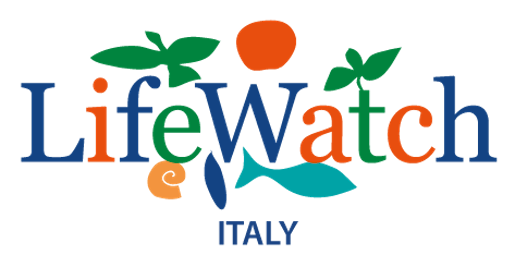The Interactions Thematic Centre aims to integrate the data resources required to study the responses of interacting individuals, populations and species and analyses the mechanisms underlying biodiversity organisation.
With this aim, the Thematic Centre will produce tools and services to standardize, integrate and analyse data on inter-individual interactions at the scale (grain and extent) required.
The Thematic Centre also aims to provide the Stakeholder community with a series of tools focusing on the protection, management and recovery of biodiversity and its ecosystem services.
Long-term goals
- The main long-term goal of the Interactions Thematic Centre is to coordinate its activities and efforts with the other Thematic Centres of the e-Biodiversity Research Institute in the development of the Italian Species Cadastre, contributing to the components related to ecological interactions at all levels, from inter-individual to interspecific.
- The Thematic Centre focuses on the functional backbone, organising and making available data resources on keystone ecological niche dimensions, trophic links and other food web interactions, and related functional traits of individuals. A long- term operational goal of the Centre is thus the development of ontology-based standardisation and interoperability tools, progressively embracing guilds and taxonomic groups colonising ecosystem types in Italy.
- Interactive Species Catalogues and Case Studies to address emerging and interdisciplinary ecological questions and promote the use of the Thematic Centre’s products by the scientific community, stakeholders and environmental managers.
- Web Service and Tool (e.g. niche models and null models) Catalogues related to ecological interactions, to be used by scientists and policy makers interested in exploring and summarising biodiversity data.
- Integration of its activities with the Service Centre regarding e-training for the services and tools developed by the Thematic Centre itself.
- Establishment of memoranda of understanding between LifeWatch and the managers of the existing functional trait datasets in order to provide them with standardisation tools that will make their data interoperable and easily accessible.
- Compilation of the European DEIMS and BioCatalogue tools with functional trait and niche datasets for existing species.
- Finalisation of standards and ontologies for phytoplankton functional traits and their extension to zooplankton and macrozoobenthos guilds.
- Compilation of the European DEIMS and registry, on the model of the BioCatalogue, to include information on food webs.
- Creation of standards and ontologies to describe food webs through stable isotopes.
- Implementation of Case Studies of species’ functional traits and food webs to test and validate the virtual infrastructure created by the Thematic Centre.
- The Phyto-Bioimaging portal, containing tools for taxonomic classification and morphometric analysis of phytoplankton.
- The Circlemednet platform, the largest DataBase on Mediterranean and Black Sea lagoons with abiotic and biotic data on 635 georeferenced lagoons in 17 countries.
- CompilationoftheEuropeanDrupal Ecological Information Management System (DEIMS), developed by the Life+EnvEurope project for the LTER-Europe community, with detailed metadata describing datasets on species’ functional traits and ecological niches.
- Compilation of a registry on the model of the BioCatalogue, developed by the project of the same name, with information on the tools and services provided by existing functional trait databases in order to access, discover.
- Standards and ontologies specifically designed to harmonise and integrate scientific data on phytoplankton functional traits.
Alberto Basset – Coordinator
Alessandra Pugnetti – Coordinator
Ilaria Rosati – Technologist
Caterina Bergami – Research Assistant
Contact Details
alberto.basset@unisalento.it
alessandra.pugnetti@ismar.cnr.it
+39 0832 29 87 22

